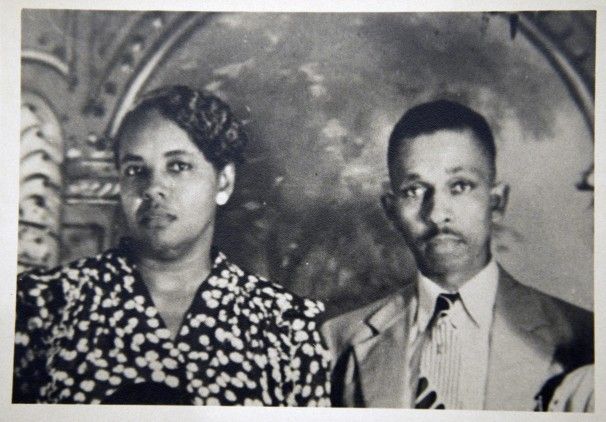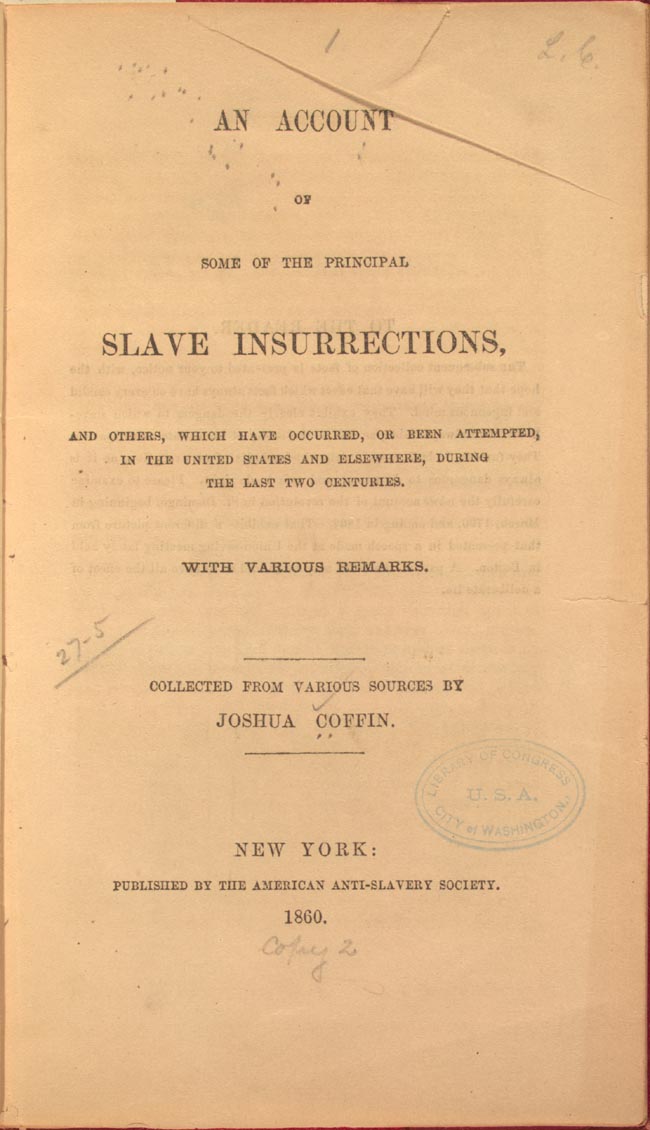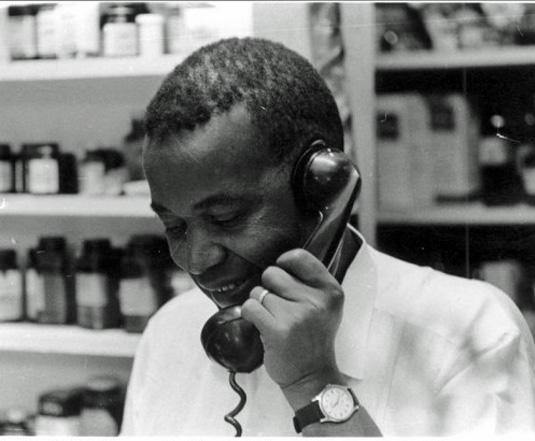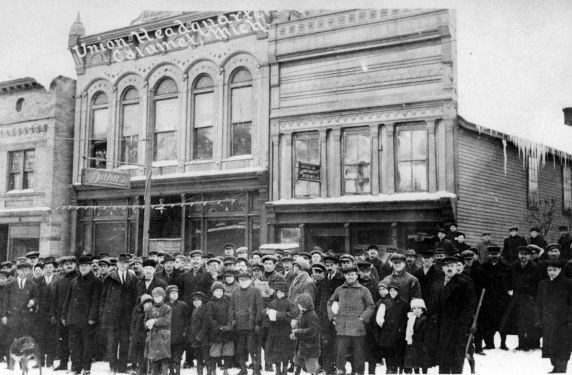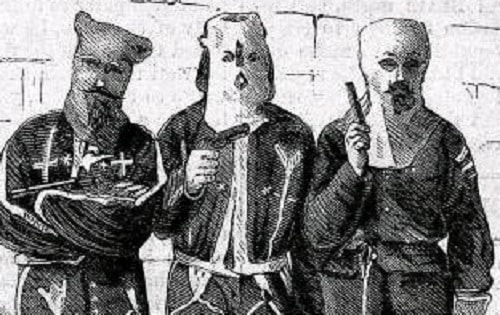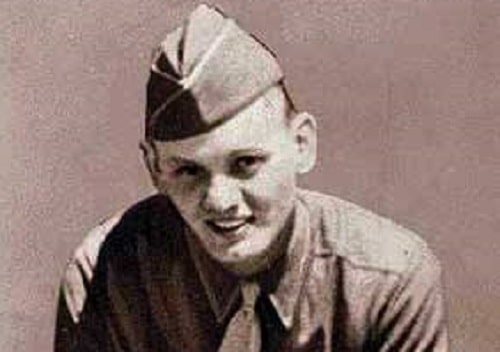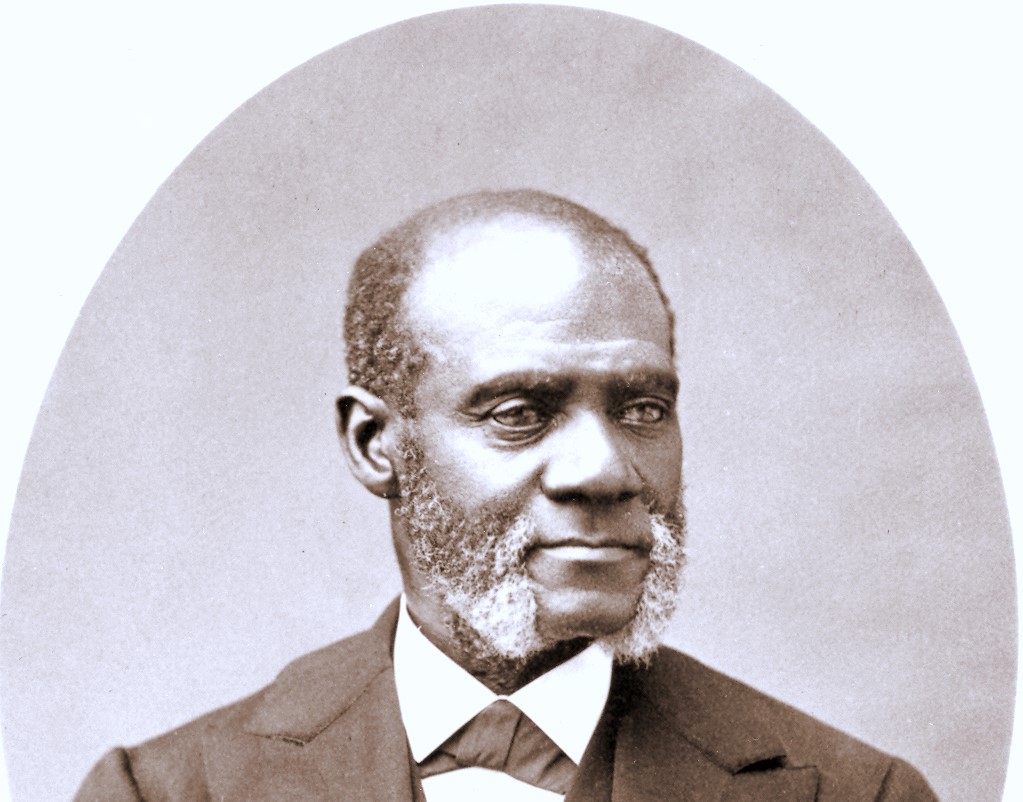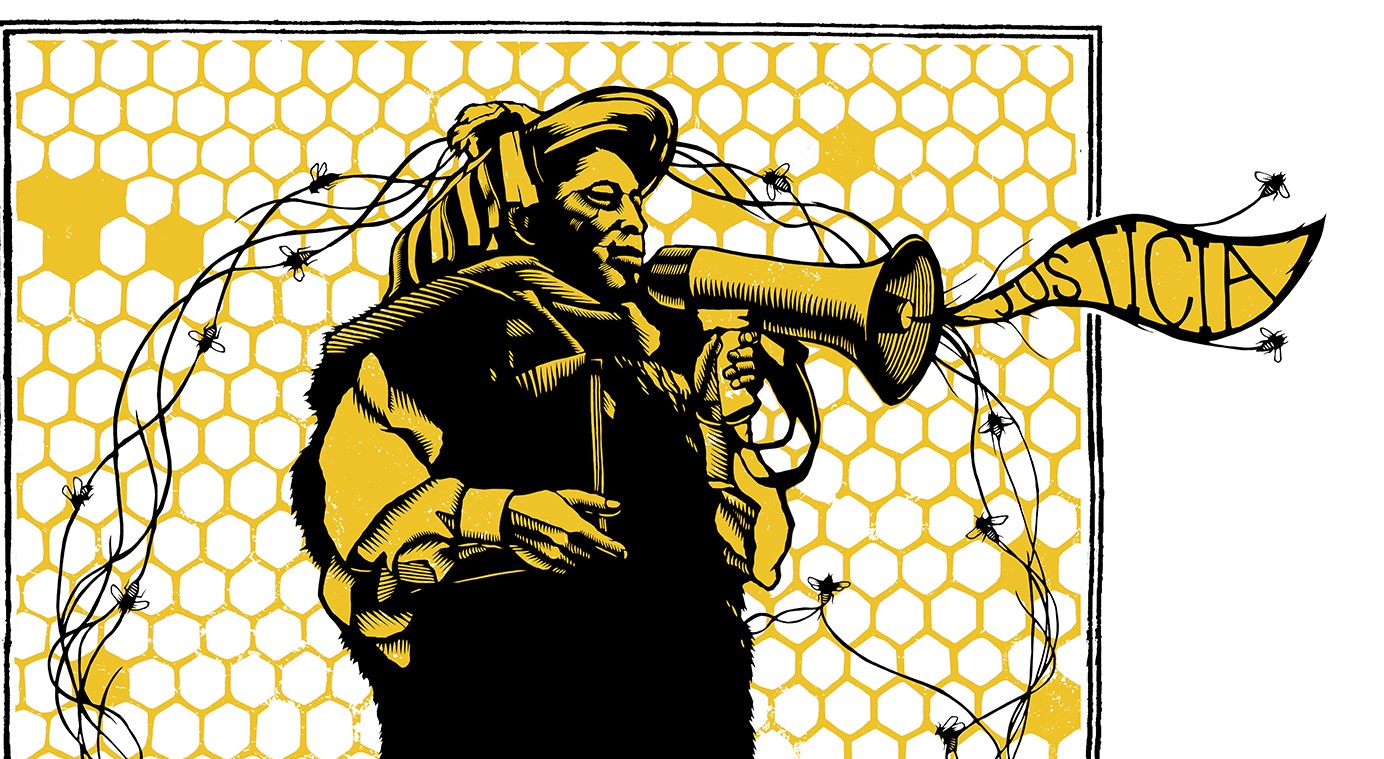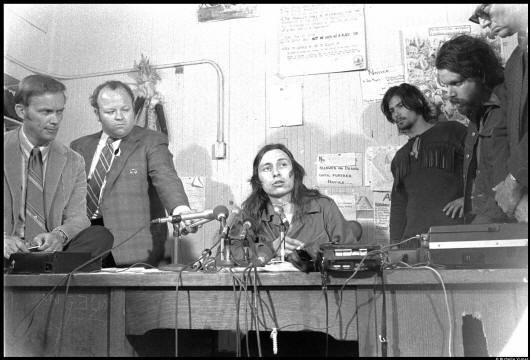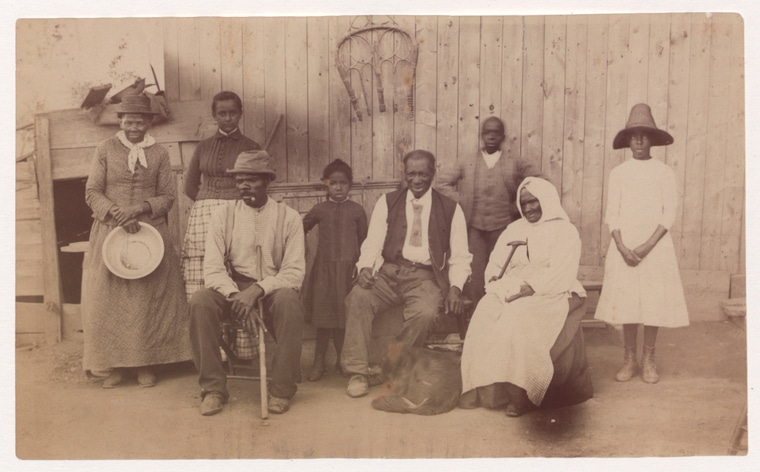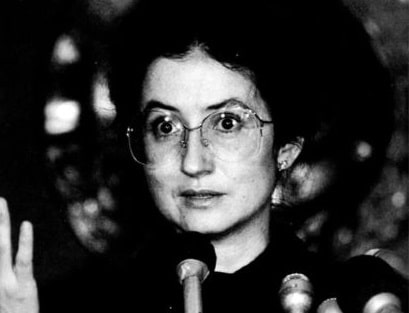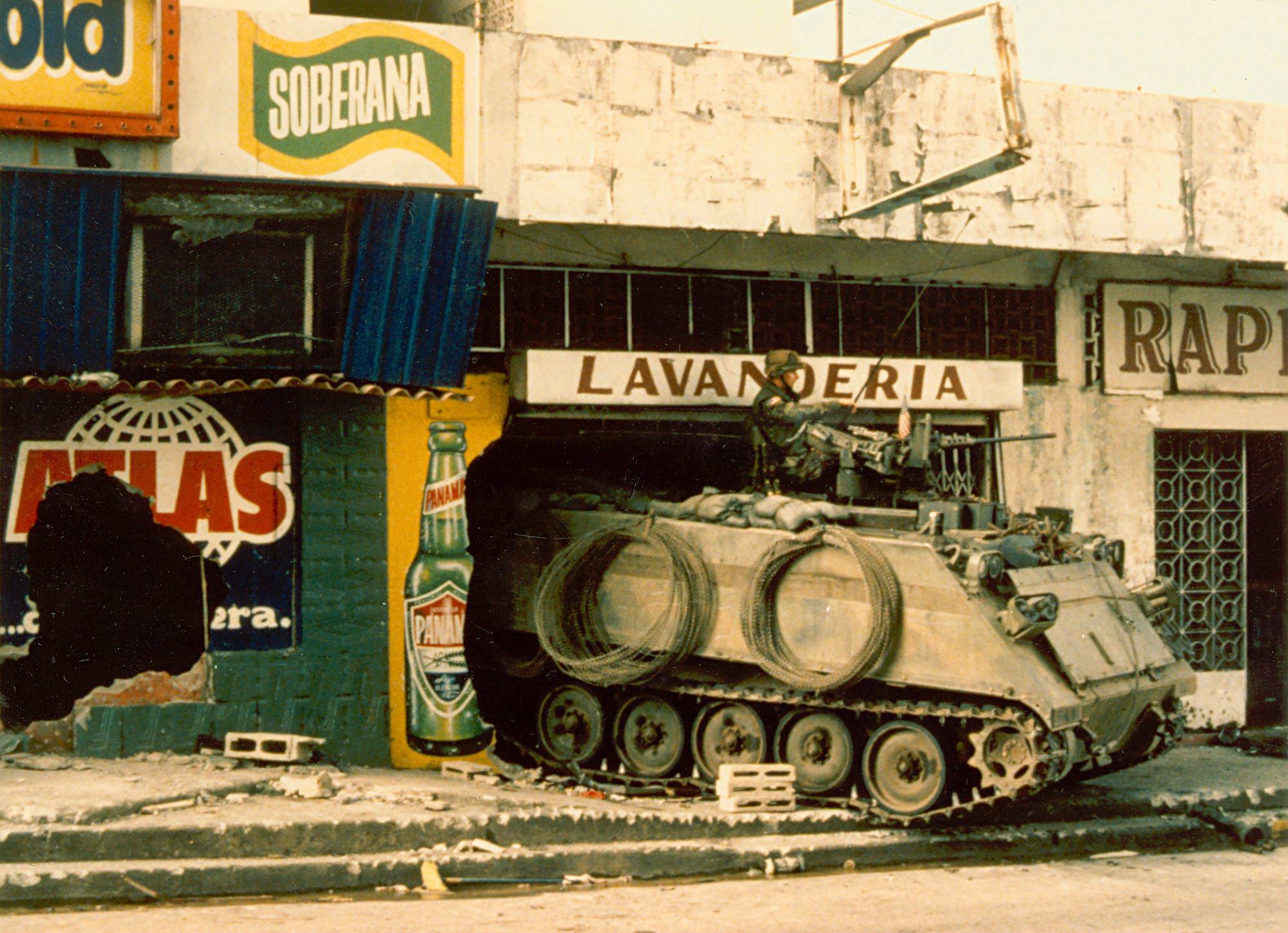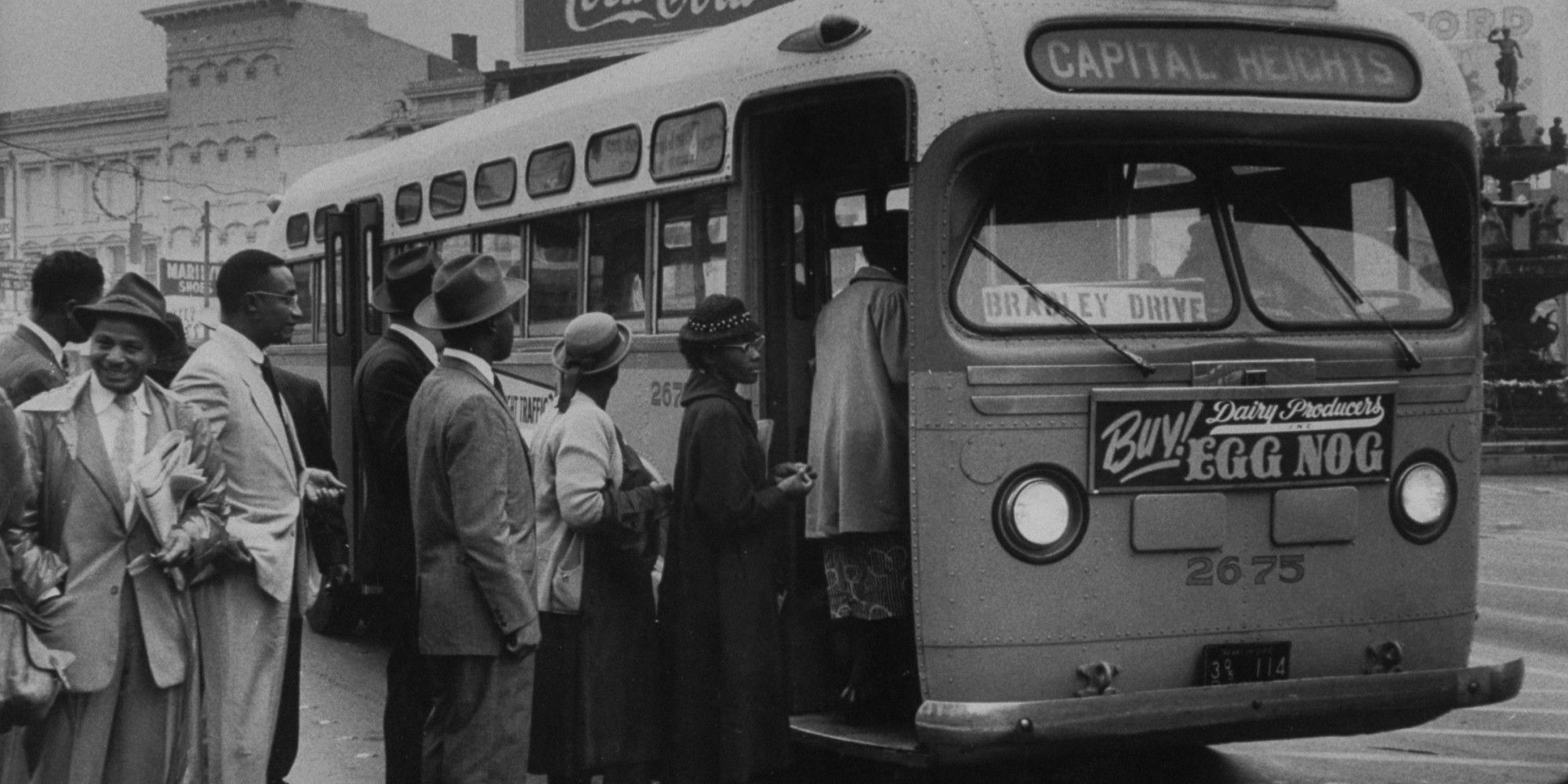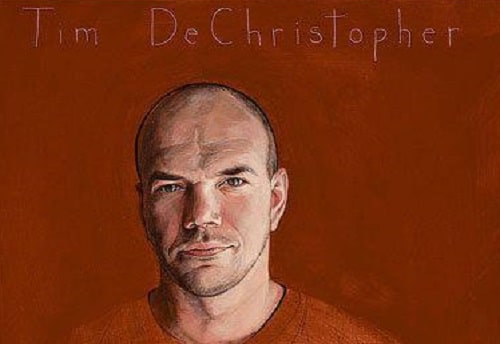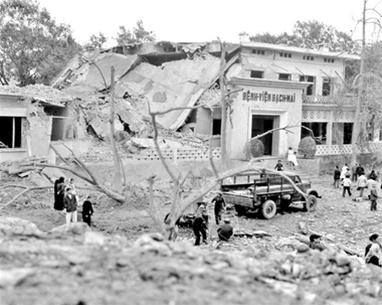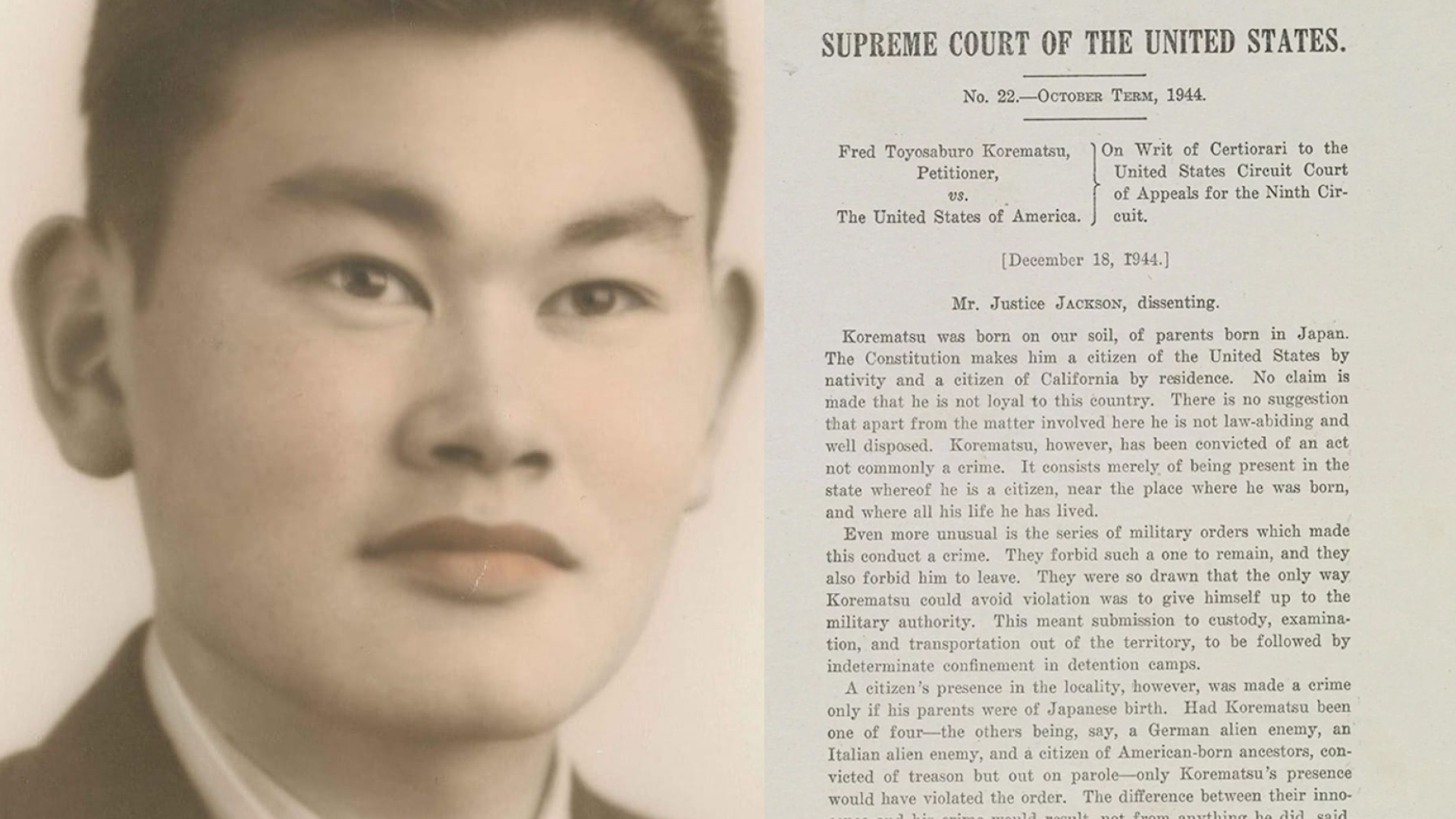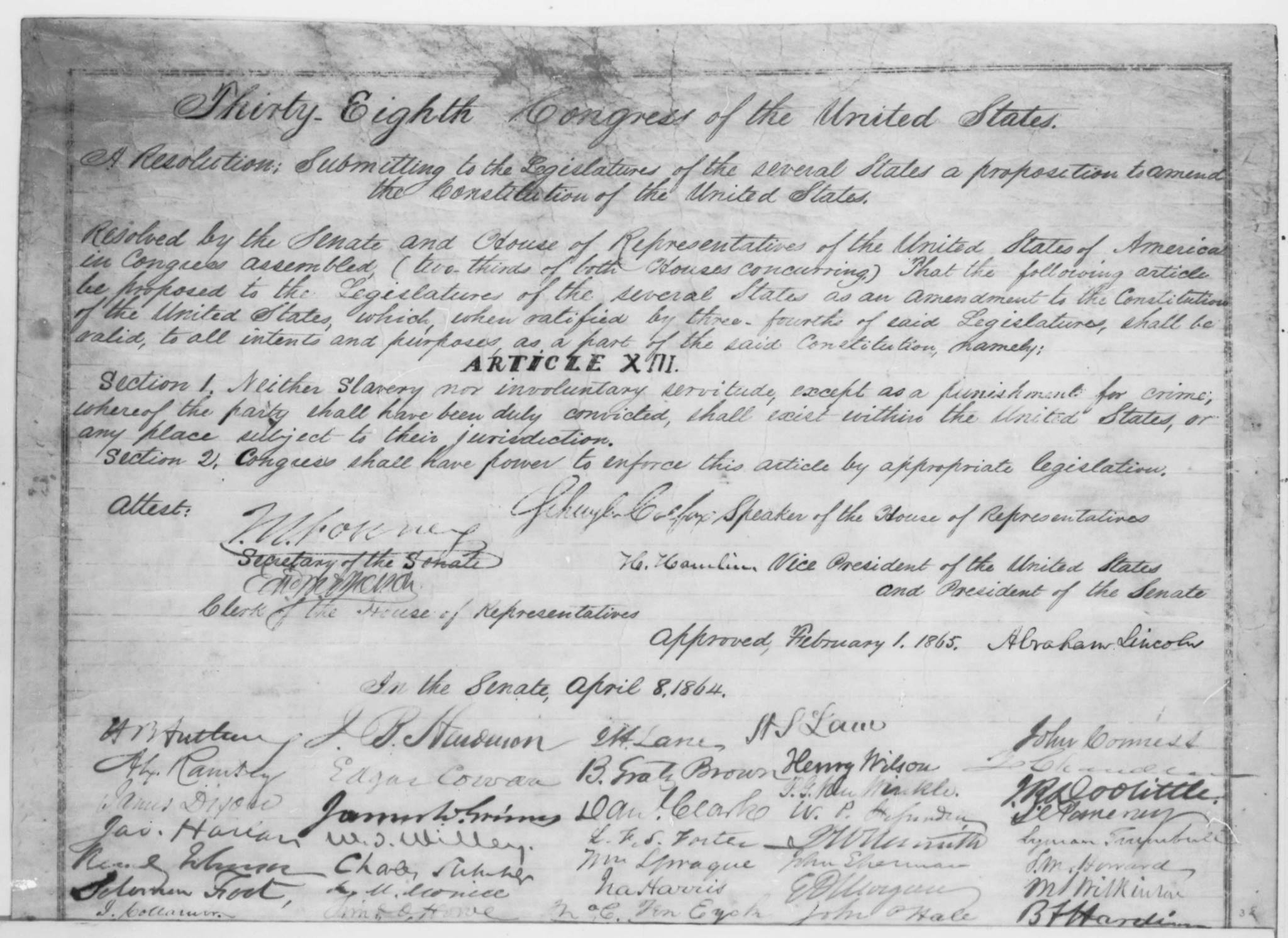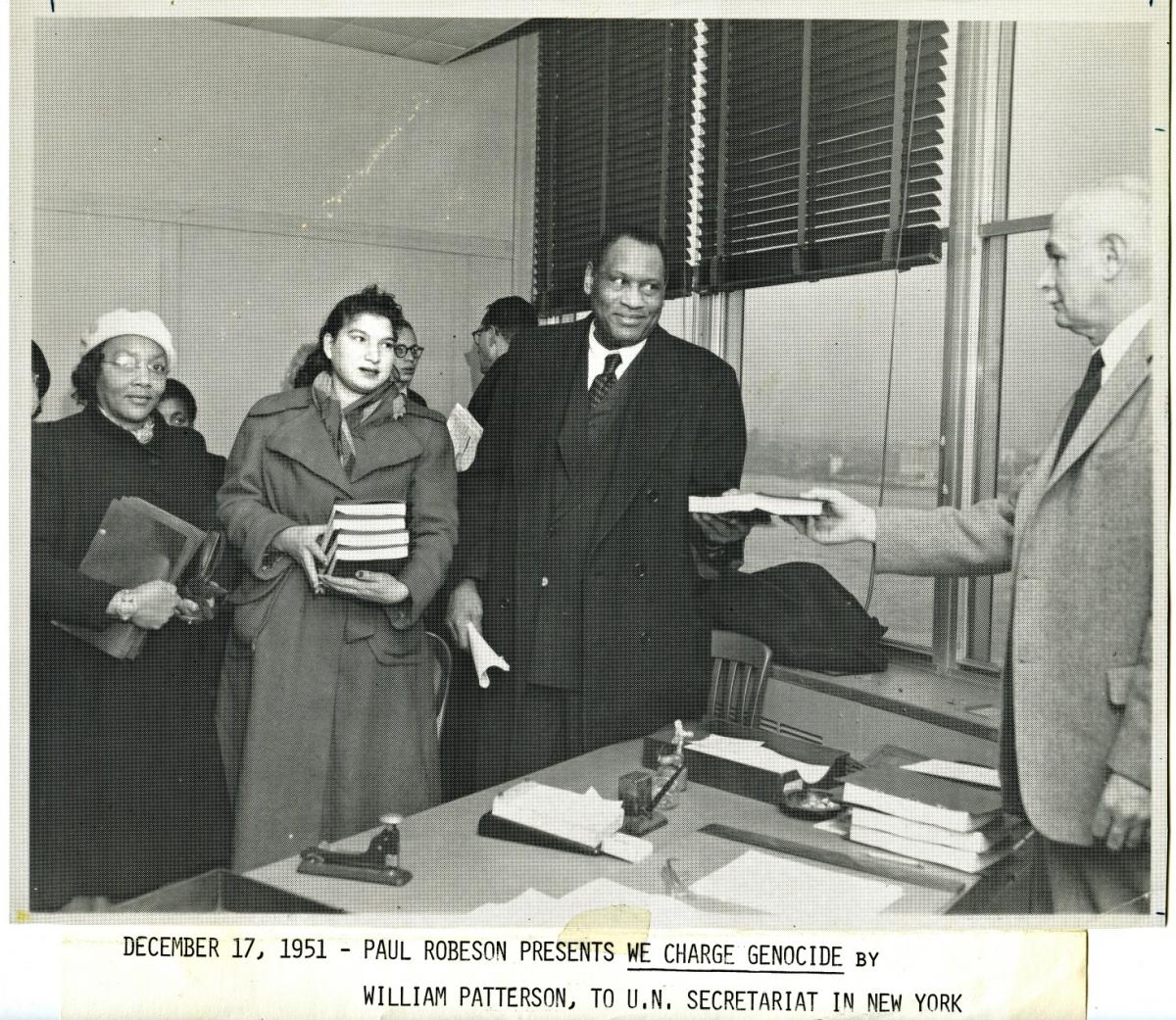The Ku Klux Klan bombed the home of labor and voting rights activists Harry T. Moore and Harriette Moore — killing them both. Harriette Moore taught elementary school, secretly teaching her students Black history in the face of bans by the state superintendent.
Continue reading
Enslaved people on a Santo Domingo sugar plantation owned by the son of Christopher Columbus attempted to free themselves and take over the land in the earliest recorded slave uprising in the Americas.
Continue reading
Aaron Henry (Mississippi state NAACP president, pharmacist, drugstore owner) and the Coahoma County NAACP organized an effective Christmas shopping boycott in Clarksdale, Mississippi.
Continue reading
The Italian Hall disaster killed 73 people, 59 of them children, from families of striking copper miners.
Continue reading
Enacted in response to David Walker’s Appeal, this law criminalized the distribution of materials that could incite rebellion to slavery, reflecting fears of literacy empowering resistance.
Continue reading
General Dwight Eisenhower endorsed the finding of a court-martial in the case of Eddie Slovik, who deserted from the U.S. Army during World War II.
Continue reading
Henry Highland Garnet, abolitionist and minister, called for a militant slave revolt.
Continue reading
Adults and children, members of the organization Las Abejas (The Bees), were massacred while praying in a church in Chiapas, Mexico.
Continue reading
Abolitionist and suffragist Harriet Tubman, perhaps the most famous conductor of the Underground Railroad, engineered her first rescue mission in December 1850.
Continue reading
Kansas reservist Dr. Yolanda Huet-Vaughn refused orders to serve in the first Gulf War (Desert Storm).
Continue reading
After a 381-day boycott, a federal ruling declared the Alabama laws requiring segregated buses to be unconstitutional.
Continue reading
Tim DeChristopher of Peaceful Uprising protested a Bureau of Land Management auction of public land in Utah’s redrock country.
Continue reading
Richard Nixon initiated a massive “carpet bombing” campaign in Northern Vietnam, mainly targeting Hanoi.
Continue reading
The U.S. Supreme Court ruled in Korematsu v. United States that the denial of civil liberties based on race and national origin was legal.
Continue reading
Secretary of State William H. Seward declared the 13th Amendment to the United States Constitution to have been adopted.
Continue reading
Paul Robeson and William Patterson submitted a petition from the Civil Rights Congress (CRC) to the United Nations, signed by almost 100 U.S. intellectuals and activists.
Continue reading
A group of students wore black armbands to school to protest the war in Vietnam. The school board got wind of the protest and passed a preemptive ban.
Continue reading


